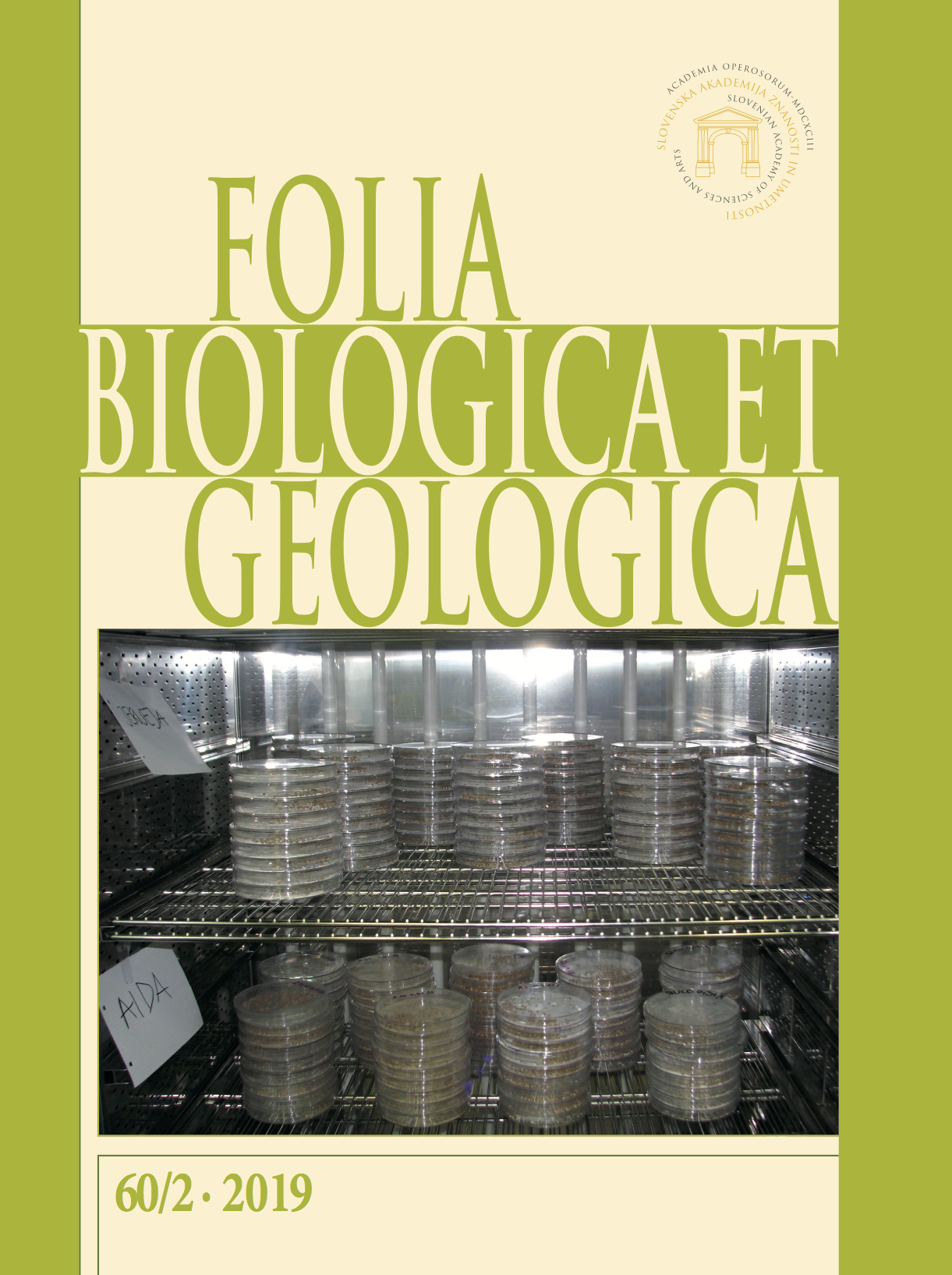Koliko se lahko približamo željam javnosti za občutno zmanjšanje rabe pesticidov v kmetijski pridelavi in kakšne učinke prinaša uvajanje alternativnih pristopov zatiranja škodljivih organizmov? / How much closer can we get to the public‘s desire for a ...
DOI:
https://doi.org/10.3986/fbg0056Abstract
IZVLEČEK
Koliko se lahko približamo željam javnosti za občutno zmanjšanje rabe pesticidov v kmetijski pridelavi in kakšne učinke prinaša uvajanje alternativnih pristopov zatiranja škodljivih organizmov?
V članku so predstavljene nekatere okoliščine odnosa javnosti do postopkov registracije in regulacije rabe fitofarmacevtskih sredstev (FFS) v EU, zahteve po zmanjšanju porabe FFS, možnosti za zmanjšanje porabe FFS in nekateri učinki uvajanja alternativnih metod zatiranja škodljivih organizmov. Znanstveni razvoj na področju varstva rastlin je zagotovil veliko novih sredstev in metod za nekemično zatiranje ŠO, vendar uporaba le teh trenutno ne omogoča popolnega prenehanja rabe kemičnih FFS. Ena od ovir za obsežno zmanjšanje rabe kemičnih FFS je manjša ekonomska učinkovitost zatiranja ŠO z uporabo alternativnih metod in sredstev ter premajhna prilagoditev kmetijskih ekosistemov za izvedbo metod biotičnega varstva (spremembe pri obdelavi tal, v kolobarju, pri gojenju dosevkov, vzdrževanju robnih habitatov).
Ključne besede: pesticidi, hrana, varstvo rastlin, škodljivi organizmi, zatiranje
ABSTRACT
How much closer can we get to the public‘s desire for a significant reduction in the use of pesticides in agricultural production and what are the effects of introducing alternative approaches to the control of organisms harmful to plants?
The article presents some of the conditions of public attitudes to the procedures for registration and regulation of the use of plant protection products (PPP) in the EU, the requirements for reducing the use of PPP, the possibilities for reducing the consumption of PPP and some of the effects of introducing alternative methods of pest, weed and disease control. Scientific developments in the field of plant protection have provided many new means and methods for non-chemical pest control, but the use of these currently does not allow the complete abandonment of the use of chemical PPPs. One of the obstacles to the extensive reduction in the use of chemical PPPs is the lower economic efficiency of the control of pests using alternative methods and resources and the lack of adaptation of agricultural ecosystems for the implementation of biological protection methods (changes in soil cultivation, in crop rotation, in cultivation of cover crops and in the maintenance of habitats surrounding production plots).
Key words: pesticides, food, plant protection, plant pests, pest control
Downloads
Published
Issue
Section
License
Copyright (c) 2020 Folia biologica et geologica

This work is licensed under a Creative Commons Attribution-ShareAlike 4.0 International License.





